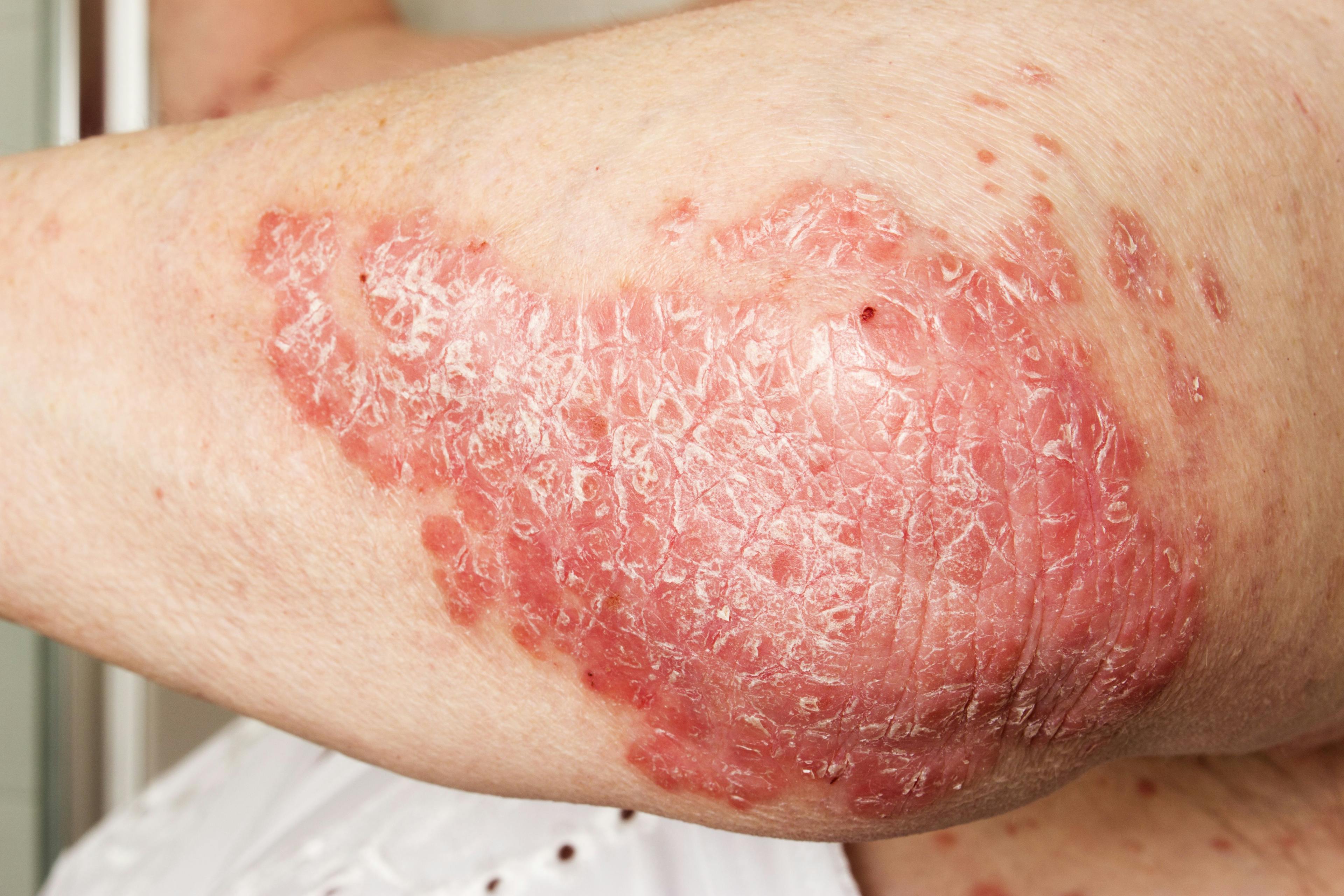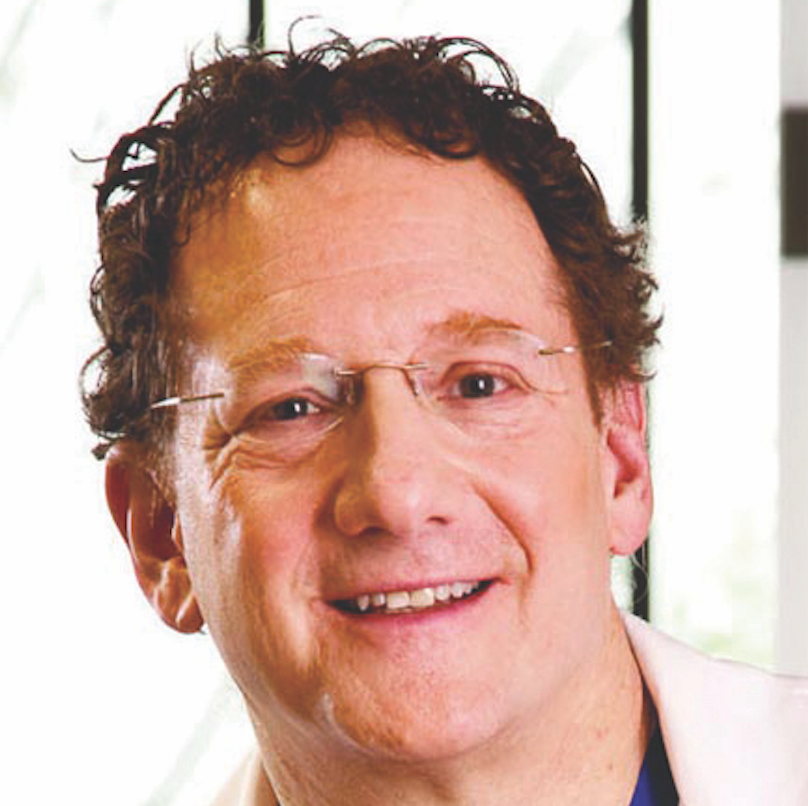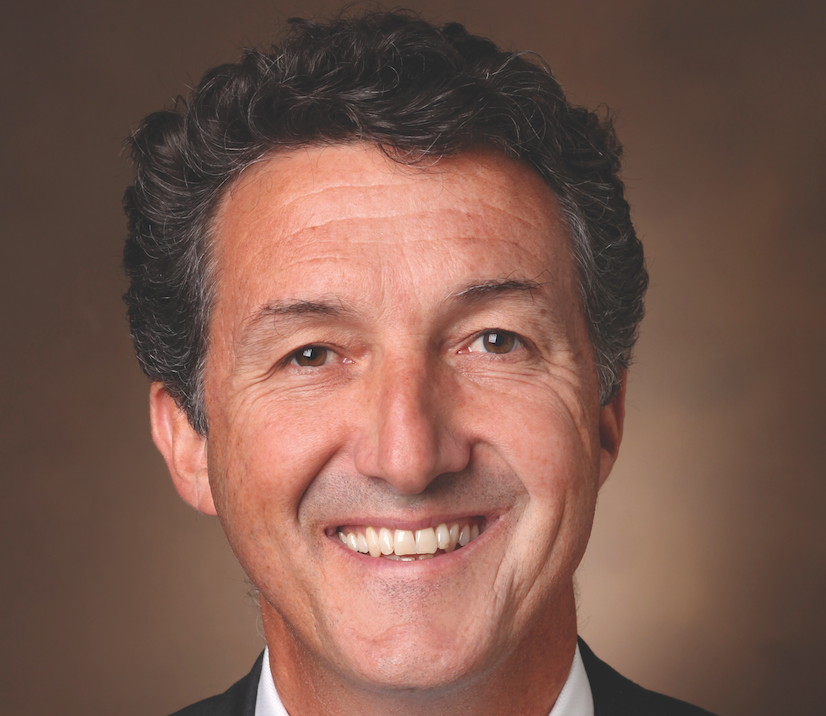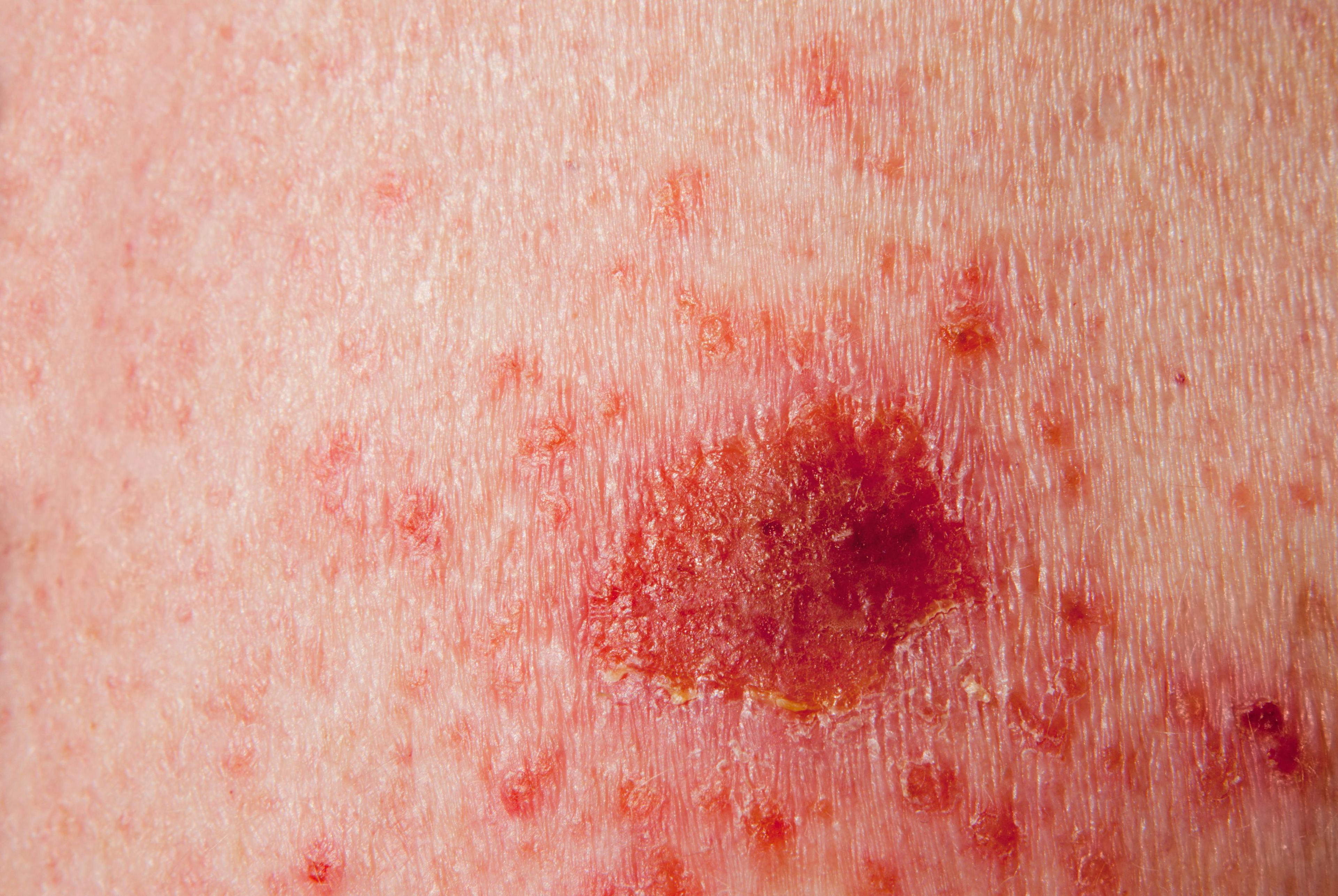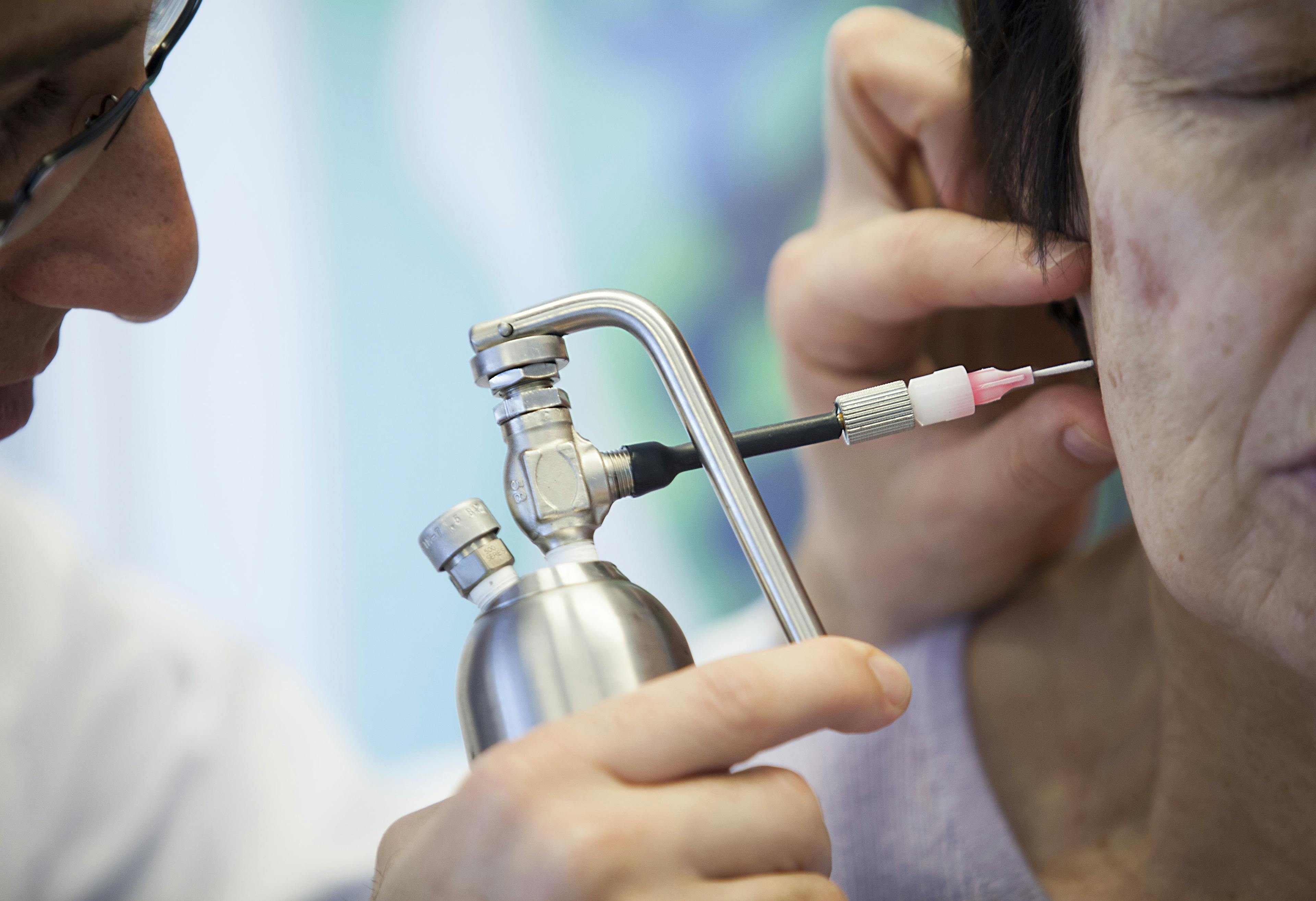- Acne
- Actinic Keratosis
- Aesthetics
- Alopecia
- Atopic Dermatitis
- Buy-and-Bill
- COVID-19
- Case-Based Roundtable
- Chronic Hand Eczema
- Chronic Spontaneous Urticaria
- Drug Watch
- Eczema
- General Dermatology
- Hidradenitis Suppurativa
- Melasma
- NP and PA
- Pediatric Dermatology
- Pigmentary Disorders
- Practice Management
- Precision Medicine and Biologics
- Prurigo Nodularis
- Psoriasis
- Psoriatic Arthritis
- Rare Disease
- Rosacea
- Skin Cancer
- Vitiligo
- Wound Care
Publication
Article
Dermatology Times
Patients are turning to alternative remedies for psoriasis
Author(s):
More and more adults with psoriasis are using alternative remedies in place of traditional allopathic treatments, says a recent survey. One expert believes it’s due to undertreatment of the condition.
“When you talk about [CAM] it really creates a nice physician-patient relationship because they know [you're] open to discussing things that are outside the allopathic box," says Adam Friedman, M.D.
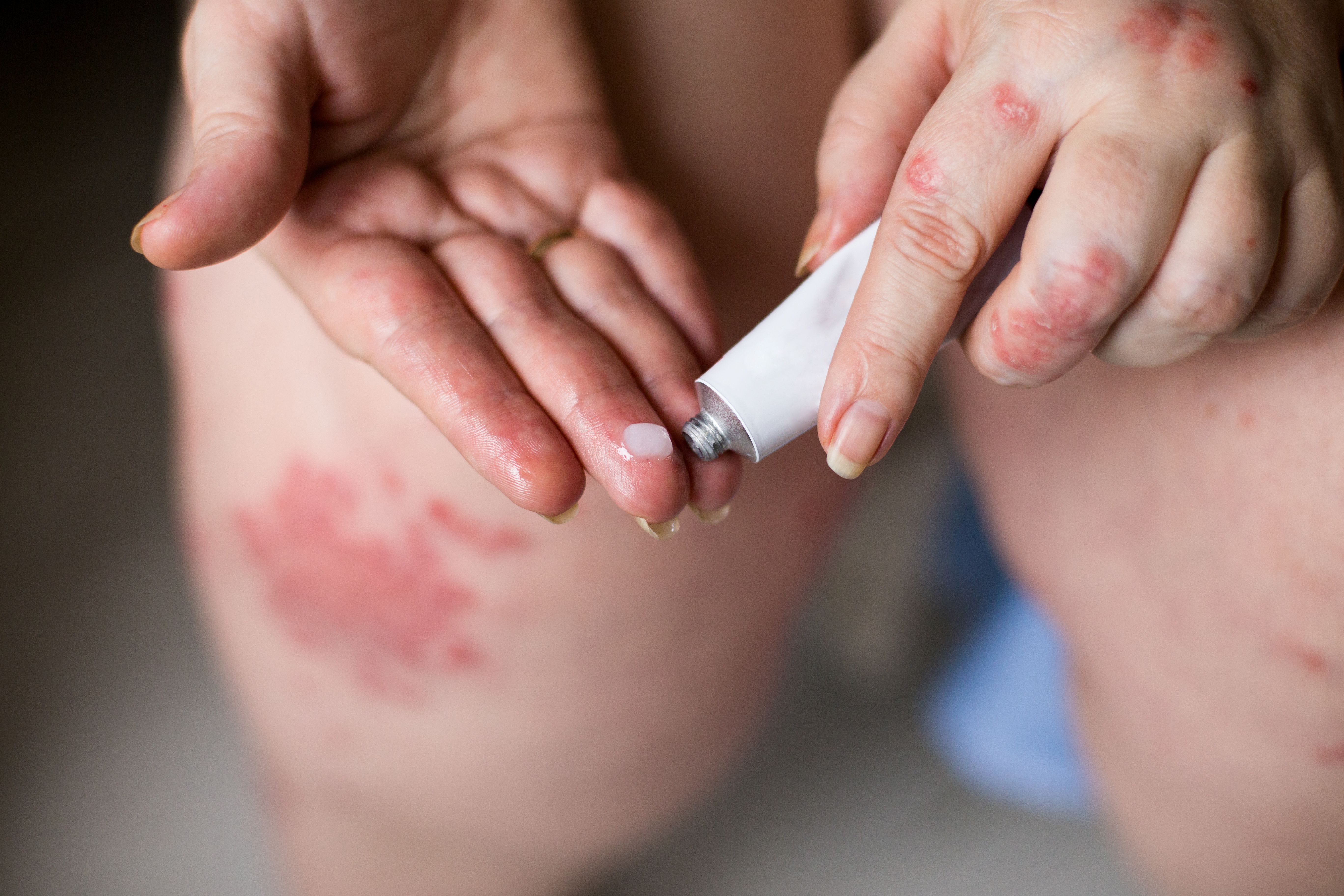
More than four in 10 U.S. adults with psoriasis are using alternative remedies in place of traditional allopathic treatments for psoriasis and nearly 40% report using treatments ranging to vitamins and dietary changes to yoga to complement the medicines they’re on, according to results of a survey published online March 29, 2019 in the Journal of the American Academy of Dermatology.
When asked why they used complementary and alternative therapies, about 56% of adults said traditional allopathic medicines did not help them or they had unwanted side effects from traditional treatments. Nearly 23% said they prefer “natural” ingredients. Only about 4% suggested care access was a reason.
“The most important thing to take away from this study is that this is happening,” says the study’s senior author Adam Friedman, M.D., professor and interim chair of dermatology at George Washington School of Medicine and Health Sciences. “They are turning to what some physicians or even patients might not consider are medications as either their sole approach to treating psoriasis or in combination with what we’re giving them. And we have to ask them about it.”
Dr. Friedman and colleagues referred to a survey of psoriasis patients distributed by the National Psoriasis Foundation to nearly 101,000 members, asking about complementary and alternative medicine (CAM) use and motivations for it.
Two hundred-nineteen completed the survey. Of those, 165 adults, or more than three-quarters, described themselves as having mild or moderate psoriasis. Still, nearly 46% of those surveyed considered their psoriasis to be severe.
Among the CAM treatments reported taking: oral vitamins led the list, with one in five patients taking those. Almost as many adults said they used dietary changes, including gluten-free diets, as a psoriasis remedy. More than 16% reported using topical herbals and botanicals and nearly 10% used either dead sea bath salts or meditation to treat the skin condition. More than 8%, or 37 adults, turned to yoga; 37 adults used acupuncture. A few patients, 6, reported using cupping. About 67% of the 158 patients who answered the question about how long they had used CAM for psoriasis said at least a year.
Adults surveyed reported using about 100 specific therapies. Vitamin D and Omega 3 fish oil were their most popular supplements in the category of oral vitamins, but flaxseed, type 2 collagen, glutamine and ubiquinol were on the list too. People tried all sorts of dietary changes, led by gluten free. Dairy free, low met, elimination diet, Pagano diet and whisky-soaked raisins were among the other dietary attempts at psoriasis relief. Turmeric led in the herbals and botanicals category. Coconut oil and Aloe Vera were also more common in that category. Still others tired herbal tar shampoo, bitter gourd juice and castor oil. Sun exposure and tanning bed use topped complementary and alternative behavioral methods. Some others in that category tried chiropractic, cryotherapy and more. Some respondents noted trying therapies in the “other” category, such as over-the-counter creams, lotions and ointments. CBD and marijuana use was second in that category.
Yet, about 57% of patients surveyed said they either wouldn’t recommend CAM to others or were unsure if they would.
APPLYING KNOWLEDGE TO PRACTICE
Dr. Friedman says it’s important that dermatologists ask each psoriasis patient what he or she is using.
“And we cannot use the nomenclature ‘medications,’ because of the fact that patients might not consider these medications. We really need to ask about everything because certainly just because something is natural and not a prescription medication, that doesn’t mean that it can’t interact with other medicines and potentially cause some harm. It doesn’t mean that it can’t work, either.”
One of the big concerns is that some supplements, including vitamin E and fish oil, can increase bleeding time, according to Dr. Friedman. “So if someone has psoriasis and they’re on a blood thinner and we need to biopsy them, they may not report that they’re on these nontraditional medications, which could cause bleeding issues.”
While people with psoriasis might take supplements hoping they’ll help, there is no documented efficacy for supplement use, including vitamin D or B12, for psoriasis.
Dead Sea treatments, reported by some patients, have reported efficacy in psoriasis, according to Dr. Friedman.
“Oral curcumin, which is derived from turmeric, has been shown to be effective for psoriasis,” Dr. Friedman says. “The problem is it’s not very bioavailable, so you have to give tons of it.”
Dr. Friedman is working on using nanoparticles of curcumin for topical formulation. Curcumin tends to turn everything that it comes into contact with orange. He has shown in published research that by decreasing the size of the curcumin, it doesn’t scatter visible light. That can make the orange invisible, he says.
Research suggests that one CAM treatment that no one who was surveyed mentioned, the plant extract indigo naturalis, also has efficacy.
“There is some evidence that indigo naturalis has some clinical efficacy in psoriasis as a topical agent,” Dr. Friedman says. “And there is some suggestion that it works on interleukin 17, which we now know is very important for psoriasis.”
Beyond that, dermatologists, researchers and patients have little science backing CAM treatments for psoriasis. And they know little about potential side effects or drug interactions associated in general with CAM, Dr. Friedman says.
“I think we have to take this study at face value-people were either dissatisfied with traditional therapies or there were side effects,” he says. “Going into the issue of people being dissatisfied with traditional therapies, I would argue that the reason for that is people are being undertreated.”
TALK IT OUT
Dr. Friedman says he spends 45 minutes or so with new psoriasis patients, not only educating them about their psoriasis and potential treatments, but also asking them what they’ve tried to relieve their symptoms.
He’ll then ask more pointed questions, such as: Have you tried vitamins for your psoriasis? Botanicals? Meditation? Etc.
Talking with patients about CAM does more than inform the dermatologist about potential side effects or drug interactions, according to Dr. Friedman.
“It shows that I’m thoughtful about CAM and open to discussing it. A lot of patients are embarrassed to discuss CAM. They think doctors don’t like it. So, they get excited when they can talk about it with me,” he says. “When you talk about these things it really creates a nice physician-patient relationship because they know I’m open to discussing things that are outside the allopathic box.”
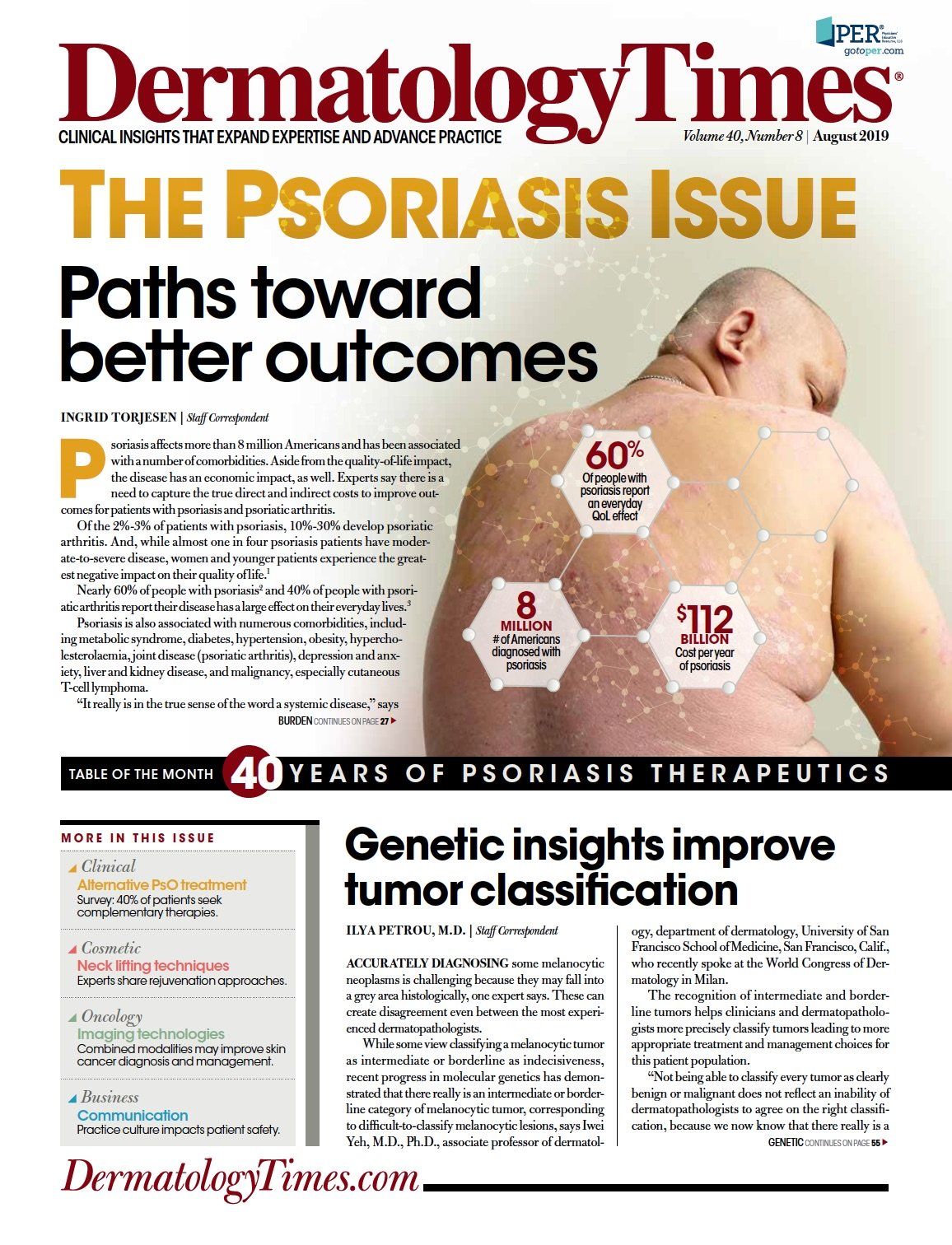
Newsletter
Like what you’re reading? Subscribe to Dermatology Times for weekly updates on therapies, innovations, and real-world practice tips.


